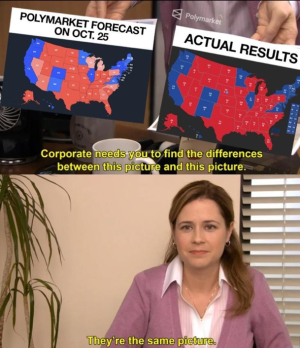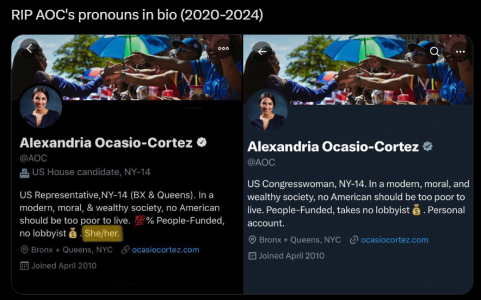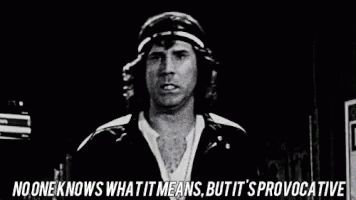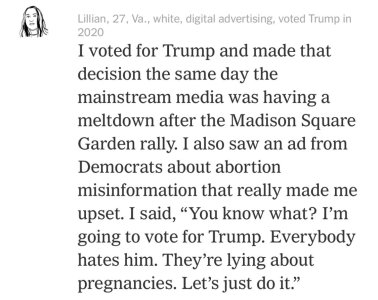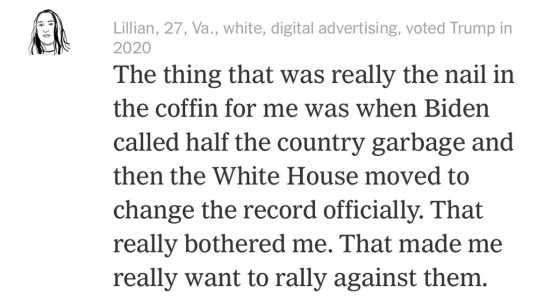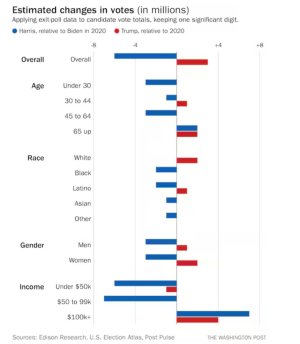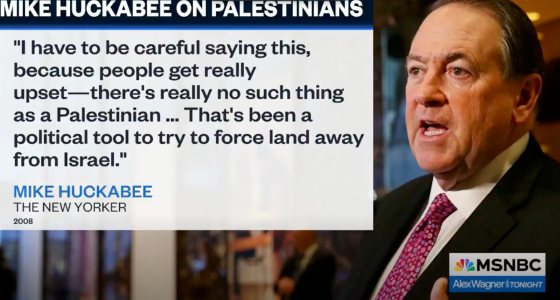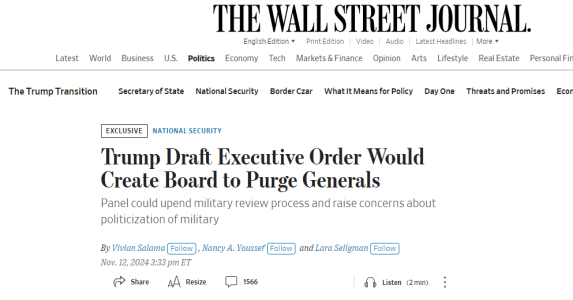It was not my point to suggest that the Ten Percent Plan was worse than no action at all, as would be the clear preference for those most privileged. Hopefully that was not your - or any reader's - primary takeaway.
It wasn't. I had a visceral reaction to "scam" and
Texas' concept of a “fair" college admissions policy was to ensure that the top 10 percent of each high school's graduating class would receive guaranteed admission to the public college of their choice.
and
Proponents often portrayed this as if it successfully addressed racial disparities in higher education without, as Roberts so speciously and unjustly characterized race-based affirmative action, “discriminating on the basis of race.”
Basically, I thought you imagined the architects of the plan to have dishonestly positioned it as a cure-all for racial disparity. And I wanted to point out, that was never the intent. We had a soldier bleeding out; we needed a tourniquet. But no one serious thought that slowing the blood loss meant curing the patient. I mean, no one serious thought that
pre-Hopwood admissions were "fair" and so using those statistics as a benchmark was never about "MISSION ACCOMPLISHED!!!"
Sleeping on it, I think our disagreement may be explained by who we visualize when we say "proponents" of the plan.
To me, the original proponents were the BIPOC academics and community leaders who were scrambling to find a politically feasible solution after enrollment numbers were cut to
three fifths of what they had been. We couldn't sue, because the law had actually changed to create potential financial liabilities for challenges. We were also unsure what the Supreme Court was going to do. At the time, the ruling was limited to the 5th. Grutter V. Bollinger would have to wait.
After the plan was in place, there were administrators and the legislators who had fought against doing
anything and who all of a sudden realized that they could "embrace" the plan in order to never having to do
anything else. And I find these latter-day proponents guilty of everything you accuse them of.
My point was that, as I said, policies tend to benefit the most privileged members of a beneficiary group.
If you rephrase this as "institutional change usually protects and extends the hegemony", Rex will want a high five.
Anyway, I agree with the basic sentiment of what you say, especially:
"Neutrality" is not synonymous with fairness. An odd plus an even is still odd.
We can't dismantle structural racism without taking race into consideration,
But depending on how literal you're being, I don't agree with:
just as giving every American $50,000 could deliver millions from the brink of disaster, but would do absolutely nothing, in and of itself, to narrow income inequality.
I mean, if you mean that wealth effects are not directly income effects, then sure., I guess. But if you're willing to take second and third order consequences into account, I think that the debt relief will absolutely reduce income inequality.
There are at least two significant impacts of excessive debt among your professionals: it reduces their risk appetite and it limits their ability to invest. If you have a $2,000 loan payment due every month, that's coming out of savings and it's tying you to whatever job you have right now. It forces you to be short-term greedy and that translates to missed opportunities. So you're forgoing career growth opportunities now and passive income oportunities later.
BIPOCS bear this cost disproportionately to their white peers that are also carrying debt because the latter can rely on intergenerational wealth. I feel foolish even saying that because I know you know that. So while debt relief disproportionately helps white people's wealth, it may disproportionately help BIPOC professionals risk appetite and ultimately income. This puts real affluence in range for the lower middle class who otherwise will tread water through their early career and then parenthood.
So yes, policies tend to benefit the most privileged members of a beneficiary group. This policy will undoubtedly help black and brown people who have already secured some degree of security for themselves. But I do believe that changing the demographics of the upper middle class does actually address
racial income inequality.
And I think it's possible to craft policy in consideration of race that effectively reduces racial inequality by important measures, but that ostensibly is race neutral.
I look forward to the day when that's not politically necessary. And I'll fight with you to make that day come sooner. But I think you and I both know that day isn't here and it isn't coming soon.



 never
never







